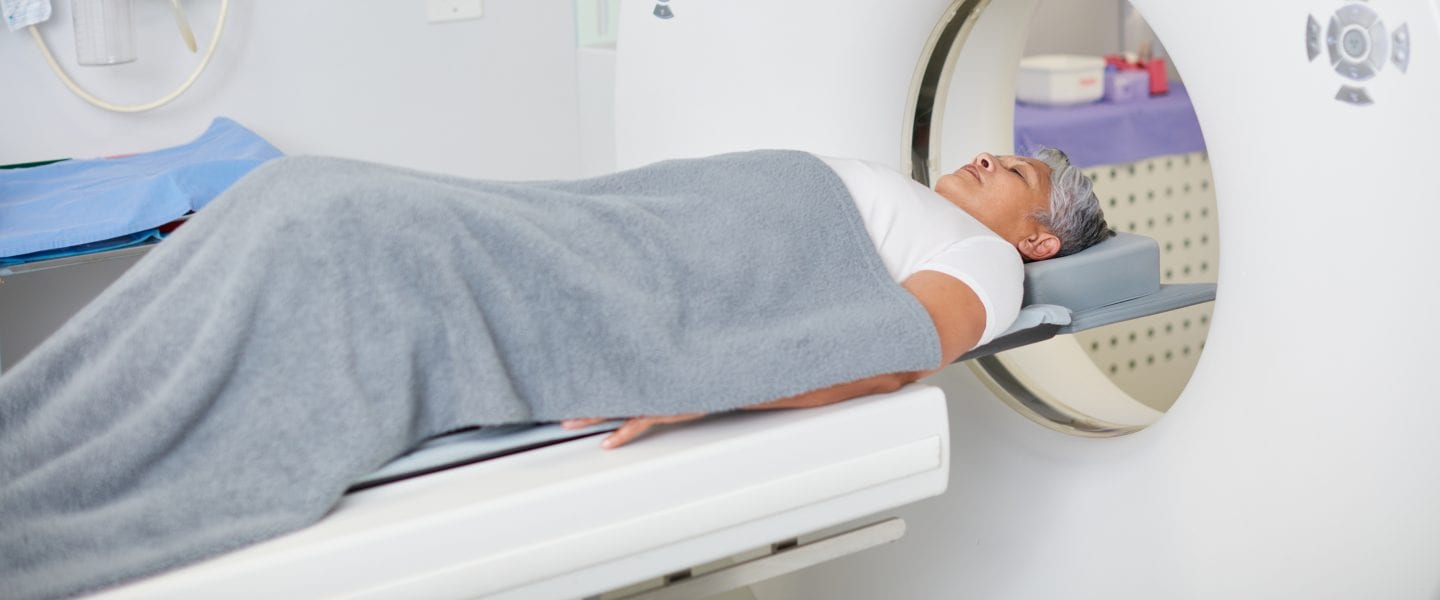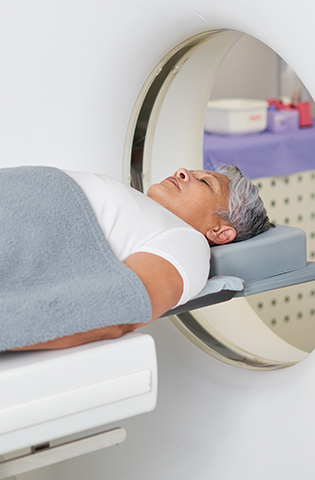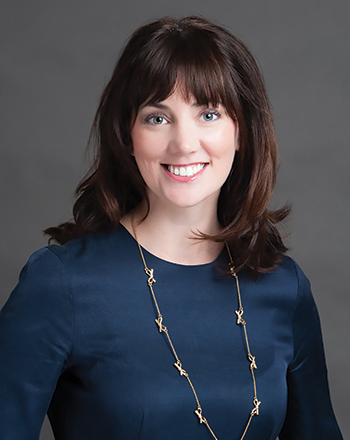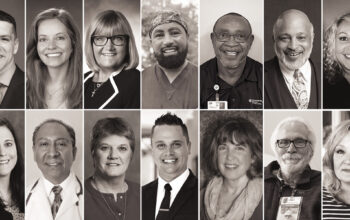Radiation Oncology Dr. Casey Chollet-Lipscomb Shares What's She's Learned Over the Years


We spoke with Casey Chollet-Lipscomb, MD, about her role in radiation oncology with the Sarah Cannon Cancer Institute at TriStar StoneCrest and TriStar Centennial Medical Center in Tennessee. Her story is one of 270,000 colleague stories that are united by our shared mission to care for and improve human life.

How did your upbringing influence your approach to the workplace? My father was the chief operating officer for an industrial supply business, and my mother was the principal of a Catholic school. Let’s just say I take a very organized approach to my medical practice because of their influence.
What was your career path to where you are today? Shortly after beginning medical school, I started working on research projects at St. Jude Children’s Research Hospital in Memphis, where I developed a love for radiation oncology. My mentor there—the late pediatric radiation oncologist Dr. Larry Kun—really helped me create a practice that reflected my personal and scientific interests.
What keeps you engaged in your passion for medicine? That’s easy—the patients. Being able to care for them is a privilege.
How do you create an inspiring, productive culture? My office door is always open. I want team members to feel like they can always come by to share ideas or suggest new projects.
What’s the best piece of career advice you’d give to others? When you start out, it can be hard to say no. Rather than saying yes to everything, try to say yes only to projects where you can really make a difference. I’m still learning this skill, but it’s a good goal!
What does it mean to you to raise the bar? Our team aims to elevate our clinical and research efforts to measurably and meaningfully improve the lives of our patients.
Unlock possibilities? Sarah Cannon’s innovative, personalized clinical trials unlock amazing possibilities for physicians and patients.
Care like family? The first line of the Sarah Cannon mission statement says it all: People who live with cancer—those who work to prevent it, fight it, and survive it—are at the heart of every decision we make.


